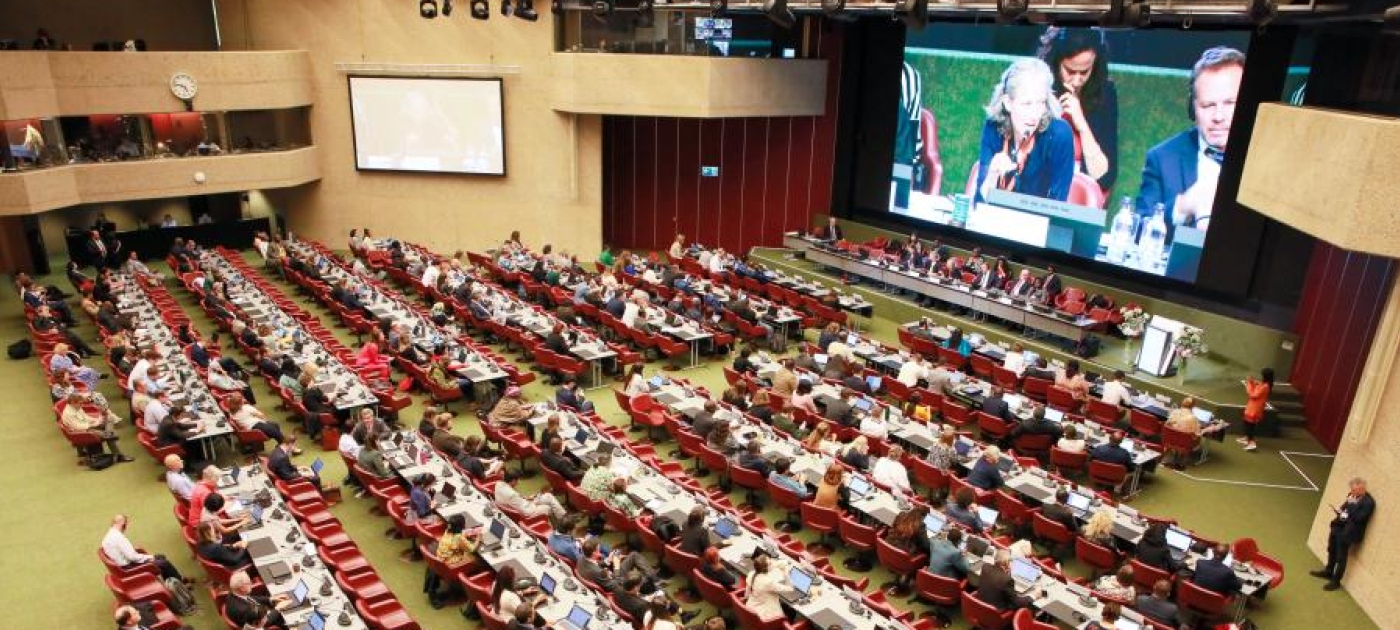Intergovernmental Science-Policy Panel on Chemicals, Waste, and Pollution Established by International Collaboration
The establishment of a new global science-policy panel on chemicals, waste, and pollution prevention marks a significant milestone in international environmental governance. Convened in Punta del Este, Uruguay, in June 2025, the panel emerged from years of negotiations following a 2022 resolution by the United Nations Environment Assembly (UNEA). This new body addresses a critical gap in the global environmental framework, providing nations with independent, policy-relevant scientific guidance on managing chemicals and waste while promoting pollution prevention. Its creation signifies a unified effort to combat the escalating triple planetary crisis of climate change, biodiversity loss, and pollution. The panel joins the ranks of the Intergovernmental Panel on Climate Change (IPCC) and the Intergovernmental Science-Policy Platform on Biodiversity and Ecosystem Services (IPBES), completing a crucial scientific triad for addressing interconnected global environmental challenges.
This intergovernmental panel is designed to be a robust scientific resource for policymakers worldwide. Its functions encompass conducting comprehensive global assessments, identifying existing knowledge gaps, translating complex scientific findings into accessible policy briefs, and fostering capacity building for national decision-making related to chemicals, waste, and pollution. Furthermore, the panel will engage in horizon scanning, anticipating emerging environmental threats and recommending timely responses. This proactive approach is crucial for addressing the complex and evolving nature of chemical and waste management in a rapidly changing world. The panel’s work will be particularly vital for developing nations, equipping them with the necessary evidence, insights, and tools to implement effective and context-specific actions.
The impetus for this panel stems from the growing recognition of the profound impacts of chemical pollution and waste on human and environmental health. While chemicals play an integral role in modern life, their unintended consequences contribute significantly to global pollution and disease burden. They contaminate the air, water, and soil, jeopardizing human well-being and ecosystem health. The projected increase in municipal solid waste generation, from 2.1 billion tonnes in 2023 to a staggering 3.8 billion tonnes by 2050, further underscores the urgency of effective waste management strategies. The substantial economic burden associated with waste management, estimated at USD 252 billion in 2020, highlights the economic imperative for proactive and sustainable solutions.
The health implications of pollution are equally alarming, with air pollution alone linked to an estimated 6.5 million deaths annually. The alarming 66% increase in deaths from modern forms of pollution over the past two decades emphasizes the need for immediate action. This new panel aims to bridge the divide between scientific knowledge and policy implementation by empowering governments with the information and tools necessary to address these pressing challenges. By fostering evidence-based decision-making, the panel seeks to mitigate the adverse impacts of chemicals and waste while promoting a healthier and safer future for all.
The establishment of the panel represents a triumph of international cooperation and a significant stride towards strengthening environmental multilateralism. The agreement reached in Punta del Este follows extensive deliberations by a dedicated working group that addressed outstanding issues from previous sessions. These discussions culminated in the Intergovernmental Meeting held on June 19-20, 2025, where countries formally established the panel, reaffirming their commitment to collaborative global action on environmental issues. The panel’s creation under the auspices of the United Nations Environment Programme (UNEP) highlights the UN’s pivotal role in facilitating international environmental cooperation and promoting sustainable development.
The next crucial step is the preparation for the panel’s inaugural plenary session. During this session, governments will define the panel’s initial work program, establish its priorities, and outline its engagement with partners. This session will lay the groundwork for the panel’s future operations, ensuring its effectiveness in providing timely and relevant scientific advice to nations. The success of the panel will depend on continued international collaboration, sustained funding, and the active participation of scientists, policymakers, and other stakeholders. The panel’s mandate to address the triple planetary crisis underscores the interconnectedness of environmental challenges and the need for integrated solutions. Its work will contribute significantly to achieving the Sustainable Development Goals and securing a healthy planet for future generations.
Share this content:












Post Comment